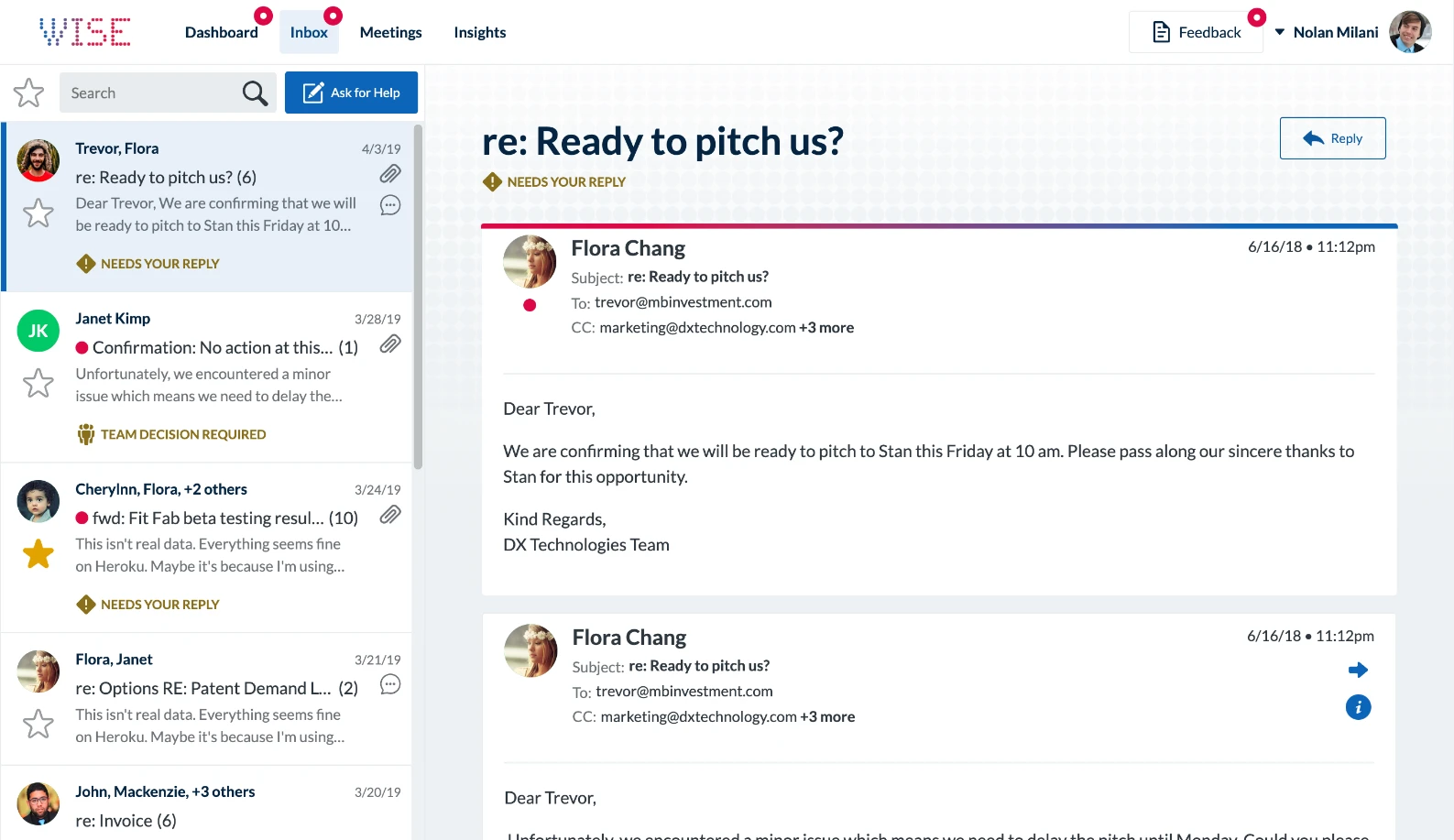
Ranked among the top business schools in the country, Wharton specializes in training generations of executives to deliver insightful, transformative leadership. Founded over 135 years ago, Wharton was the first collegiate school of business in the United States. The institution has a revered history of being at the forefront of innovative education.
To extend that legacy, the school came to Lincoln Loop looking to create the next generation of simulation-based learning. Targeting a global audience of students and executives from leading companies, Wharton’s Alternate Reality Courseware (ARC) also needed to enable players to work together, against each other, or play solo across real-time scenarios designed by instructors and researchers.

Wharton Interactive needed a scalable platform to support interactive games to teach in an engaging, modern way. By enabling players to explore applications for leadership skills in virtual environments, they’ll be better positioned to apply them in the real world.
Here’s what we did.
Lincoln Loop are thought partners with their clients at every stage of the innovation process. They’re a group of really clever and creative technologists, who make building wildly complex ideas for clients like Wharton Interactive look simple.

Sarah Toms Executive Director & Cofounder, Wharton Interactive
An End-to-End Gaming System Supporting Immersive Education
Wharton had been applying simulations to its education programs for years, but its platform was much more limited. The school needed a flexible, powerful, and customizable platform to publish games supporting thousands of players.
We created a scalable platform that functioned both as a standalone application and a publishing system. However, instead of offering an intuitive means of choosing and creating website content, ARC allows instructors to pick from story and interactive elements to build new games. Using React and Django, we built an ARC platform stable enough to support the breadth of Wharton Interactive’s audience. Thousands of players can start playing at the same time without an issue.
ARC also supports:
- Flexible, highly themeable game interfaces from the familiar (office-like experiences) to the far-reaching (spaceship command).
- A custom admin interface to facilitate game administration and management.
- A “cartridge” storage system that allows games to be archived and saved with version control.
- Scriptable games written in an easy-to-learn language that supports complex structures and pathing triggered by gameplay.
- Multiple gameplay interfaces that include:
- Inbox/Notification systems similar to those found in an office suite.
- Awards systems that track points and award badges to players.
- Decision-making tools that allow players to vote on responses to in-game prompts.
- A Zoom-like video experience enables players to watch videos and respond to prompts that trigger subsequent videos.

ARC Changes the Game for Educational Simulation
Since starting with the titles built by Lincoln Loop, Wharton’s ARC has doubled its number of games. Academic institutions, organizations, and individuals can now access interactive experiences simulating buyer-seller negotiations, entrepreneurship, startup management, and other scenarios. With ARC, Wharton has an engaging and immersive tool to teach students cooperation, leadership, teamwork, finance, and other essential skills. Plus, the platform’s enhanced capabilities have become a powerful marketing tool on social media and an engaging platform to sell executive training to private companies.
The institution has also gathered information about student behavior in games, encouraging experimentation with new methods while enhancing the institution’s teaching abilities. Through ARC, Wharton’s reputation for leading-edge education stands taller than ever.


